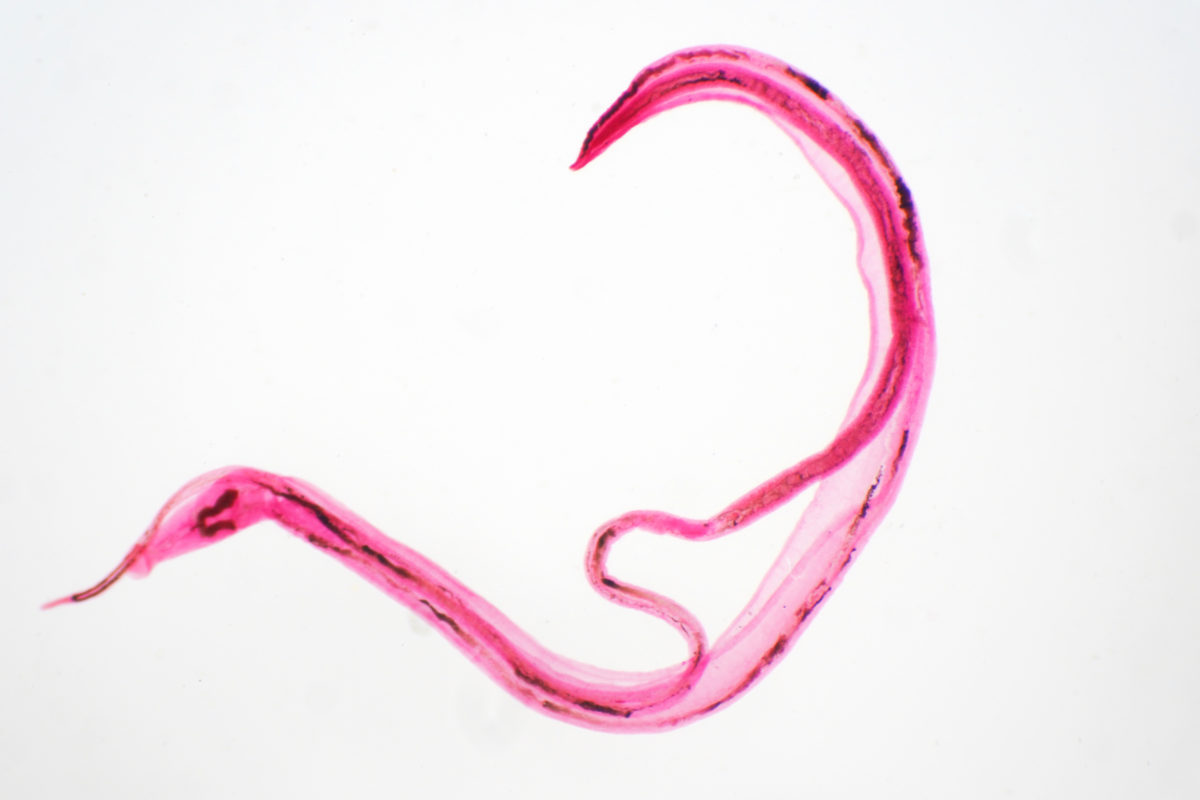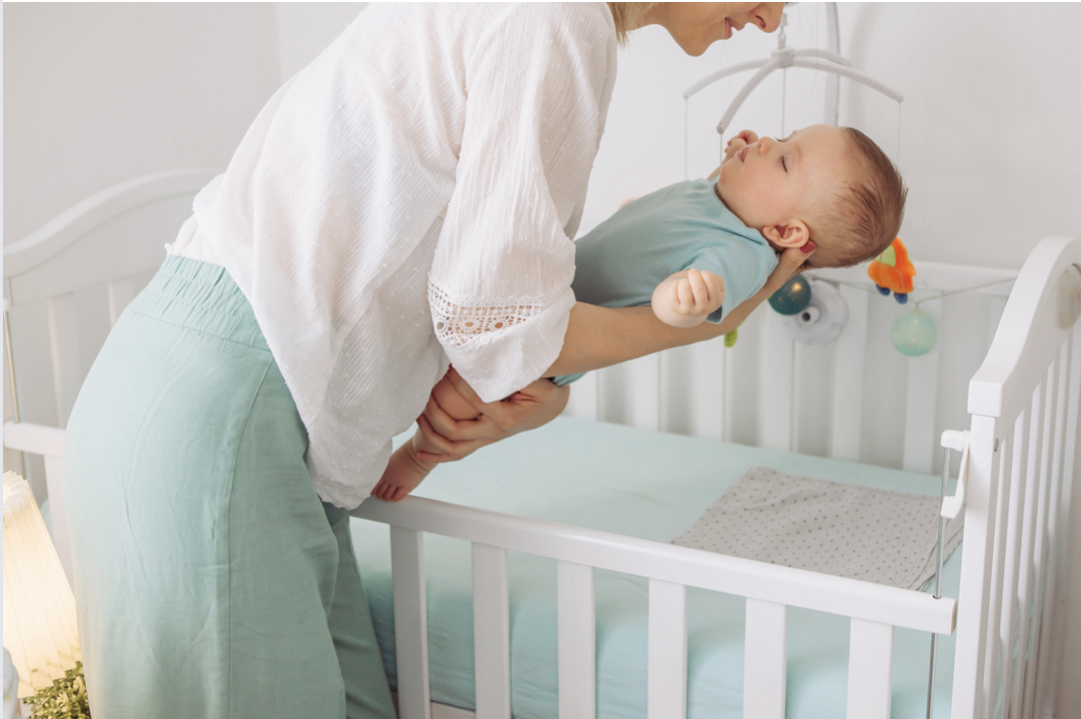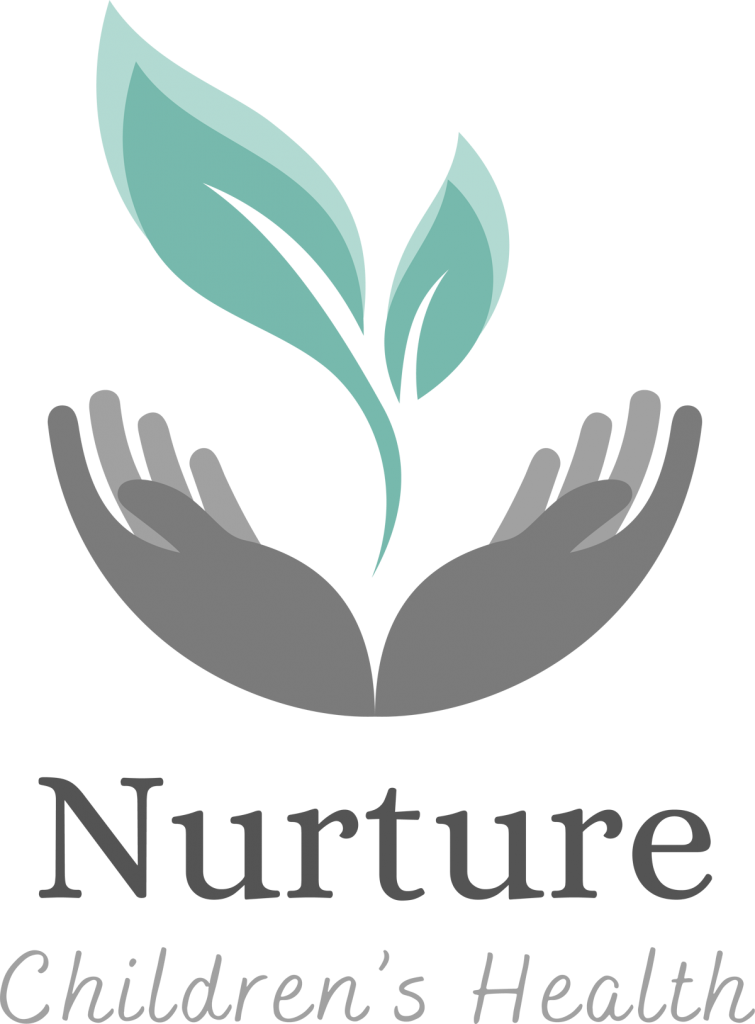Worm infections in kids

When children develop parasitic diseases they are often asymptomatic. This means that we usually don’t even know the infection is in the body. But occasionally, childhood parasitic infections can lead to changes in mood, behavior and sleep.
The most common worm infection amongst children is threadworm, also known as pinworm. Other parasites such as roundworms, hookworms and tapeworms are less likely to cause any issues in Australian.
It is estimated that 50% of children will experience pinworm infection. Occurring most frequently in primary school children between the ages of 5-10 years.
What are worms?
Pinworms are tiny, white worms that live in the colon and rectum. Despite our best efforts in schools, childcare centers and kindergartens, worm infections are easily passed between children.
Transfer of infection occurs when parasitic eggs are spread by hand contact or through contaminated clothing, bedding or food. The most common culprit is unwashed hands in the bathroom touching door handles. While we can teach our own children to properly wash their hands, we have no control over what other kids are doing before they touch communal property.
Parasitic eggs can survive for up to two weeks on clothing, bedding, and other objects. Because of this, reinfection after worming treatment is extremely common. A standard ‘one off’ worming treatment is often ineffective.
The larvae hatch in the small intestine before wriggling their way to the rectum. On rare occasions, they have also been found in surrounding areas. Some examples include: hiding in the appendix and in the female genital tract (due to the proximity between the rectum and vagina leading to cross infection).
What are the signs of worms in a child?
The symptoms of pinworm infection are generally mild and often occur at night, as this is when the female parasite exits the rectum to lay her eggs.
Symptoms of parasites:
- Abdominal pain
- Itching around the anus
- Teeth grinding
- Bed wetting, or frequent urination (enuresis)
- Difficulty getting to sleep and staying asleep
- Weight loss, or difficulty gaining weight
- Irritability, mood swings and anxiety
- Frequent urinary tract infections (particularly in girls)
Chronic infections can lead to disturbances to gut bacteria and wreak havoc on the signaling between the gastrointestinal tract and the brain. Altered communication of the gut-brain axis has been linked to behavioral disorders, mood disturbances, depression and anxiety, as well as issues with learning and memory.
As pinworms are nocturnal, their night time activity causes itching and irritation, leading to restlessness and overall poor sleep quality. Poor sleep is known for its negative effects on children’s moods and behavior. This can have a roll on effect, with inadequate sleep impacting on learning and academic performance.
Sleep recommendations for school-aged children is between 9-10 hours, with any less than 7 hours correlating to poor mental health, behavior and academic performance.
What to do if a child has worms?
Stool sample testing can actually be inaccurate. On average, parasitic eggs can only be found in about 4% of fecal samples. This could explain the prevalence of under-detection and underestimation of parasitic infestations among children.
The most accurate investigation is actually the simplest and cost effective – the scotch-tape test. This involves exactly what you think it does, placing sticky tape over the perianal area immediately after waking up for three days in a row. You then need to check the tape for signs of parasitic eggs or actual worms.
How can you deworm your child naturally?
There are different formulations of medicinal herbs that have antiparasitic actions. These can be used to treat parasitic infections in both children and adults. The way you take the herbs is just as important and the kinds of medicines used.
Parasitic infections have a life cycle that can make single doses of pharmaceutical or herbal medicines ineffective. A single dose worming tablet can kill off the larvae and adult pinworms, which can lead to temporary symptom reduction. However, the eggs are covered in a protective coating and often remain dormant. Eventually, these eggs will hatch and the cycle will start once again.
Taking the life cycle of parasitic infections into account, anti-parasitic herbal medicine needs to be prescribed for 2 weeks to effectively kill off the live parasites. Following this, we have a two week break to give the eggs time to hatch. We then begin a second 2 week round of treatment to kill off the larvae before they mature and begin replicating once again.
Throughout this process, specific probiotic strains need to be co-prescribed to repopulate the gut with the kind of microbes we want living in there. If we have a healthy and robust microbiome full of beneficial bacteria, we reduce the likelihood of reinfection taking place. Repopulating the gut with the good stuff is just as important as weeding out the bad bugs.
What happens if threadworms are left untreated?
While worm infections most often cause mild symptoms, they can occasionally lead to complex issues if left untreated. This isn’t a glamorous article to write (or read I’m sure!), but it is important information to share because these infections are quite often overlooked or disregarded. It’s my hope that this article highlights the importance of effectively diagnosing and treating these infections early on, before they have the chance to cause any harm.
– Ash Yates, Children’s Health Naturopath.






